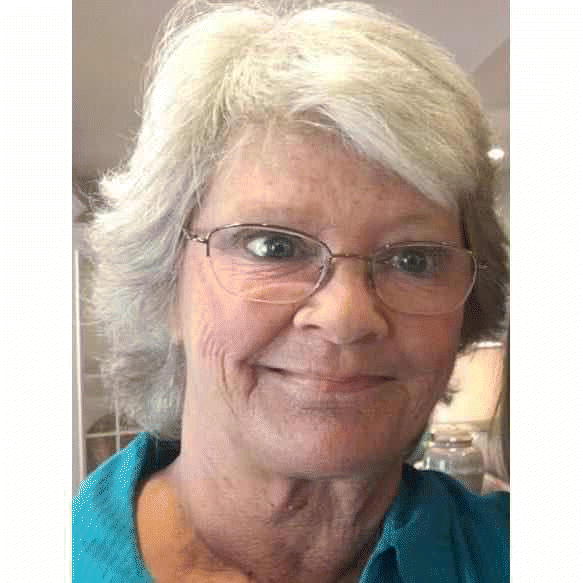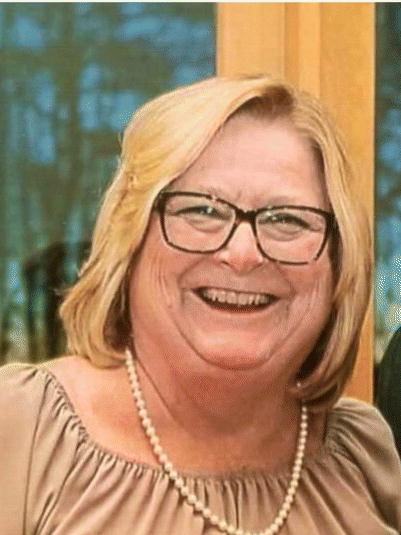Greater Clark Foundation’s 20-year aspiration: Public trust, community belonging and mutual accountability
Published 2:30 pm Tuesday, September 19, 2023
|
Getting your Trinity Audio player ready...
|
By Jen Algire
The Great Clark Foundation
We live in an increasingly contentious society. Peoples’ trust in public institutions and leaders appears to erode the more we struggle to find common ground.
It is in this challenging context that The Greater Clark Foundation (GCF) launched in 2013 to act as a catalyst, connector, and convener to create the conditions in which all people in our community can thrive.
Most Americans would agree that the public sector should be responsive to its constituents, transparent in operations, accountable for delivering on promises, and held to the standard of robust and objective measures. When these four characteristics – responsiveness, transparency, accountability, and objectivity – are present, trust in public institutions and leaders is higher than when those characteristics are not present. The health of our public sector and civic spaces is measured by how well communities understand and use these levers to address public problems. We call this our civic health.
Since GCF began, we have been conducting qualitative research, asking people how they feel about civic life. The number one issue we heard from our community is the need for more trust in civic life. We hear consistently that people love this community but want to experience more trust in public leadership. A shared feeling of disconnection affects many facets of civic life. People describe ways they perceive a lack of transparency in community governance or don’t trust elected leaders. Residents describe a range of confusing inconsistencies in their dealings with various public agencies. People describe indifference or apathy about their needs and concerns. Residents say they want leaders to be open to their ideas, desires, and hopes. Even though tax dollars fund public services, there’s a sense that community members do not have the right to ask about important information from public institutions.
These disconnected experiences make people feel a lack of accountability. To be clear, these are perceptions offered by residents. When we talk with elected leaders, they describe feeling that they’re very transparent. They say they feel accountable. They work hard and love their community. They believe public perceptions that they are not accountable are misplaced. Given the significant challenges of these divergent opinions about civic health, we must begin to think and act differently.
First and foremost, we must start with an assumption of good intent. All our fates are intertwined. Cynicism and indifference must not rule the day. Mutual accountability and respect between leaders and constituents are fundamental to our community’s success — without it, there is no path to full participation for everyone in our community. Building trust is a critical link to civic health. Importantly, trust endures when it is built by people coming together and working toward a common goal and with shared purpose.
Lack of trust often shows up in small ways, such as when public officials appear defensive when residents ask questions or challenge norms, or when leaders say a course of action isn’t viable without understanding or acknowledging why an issue is considered important by constituents. Lack of trust can also manifest when residents do not show up to provide input when asked, criticize decisions, or make personal attacks on leaders.
Institutions sometimes confuse soliciting public input with engagement. Public comment is not the same as public engagement. Engagement requires the next essential step of offering a path for constituents to provide contributions to public life that have potential to result in meaningful impact.
Public life must be rooted in trust and accountability. The throughline of The Greater Clark Foundation’s work over the last decade has been to listen, learn, and make deliberate investments in building trust, belonging, and inclusion in our community.
As public life becomes more participatory, strategic, and future-oriented, community residents will develop stronger confidence in their leaders. Community decisions will benefit from meaningful resident engagement. We have hope for the future, based on our decade of listening and investing in civic health. We believe the Greater Clark region is a place where shared aspirations contribute to robust civic health. As we learned from dreaming and creating Legacy Grove Park, when we work together to build something new and realize our ambitions, the results are a welcoming, inclusive community for everyone.
Plans for the fall
To kick-off the focus on civic health, trust, and belonging, The Greater Clark Foundation will embark on several bodies of work that will be rolled out in quick succession this fall.
• The first initiative kicks off this week with the release of a new funding opportunity focused on building trusting, inclusive, and resilient local communities. The Building Trust and Belonging (BTB) funding opportunity aims to engage people and organizations in the effort to foster strong community ties and build back trust in each other that may have been lost over the years, or that may never have been meaningfully cultivated. BTB is a call-to-action for community leaders and citizens who are passionate about improving our quality of life and relationships. Trust building is a complex process of stepping outside oneself, learning from others, and building empathy. This grant program will plant seeds of healing to regrow trust, mend the divides between communities and institutions, and bring people together across differences, real and perceived. GCF will host a webinar for interested applicants on October 3 at 1:00PM ET. For more information or to register for the information session, please visit www.clarkambition.org.
• The second initiative began in July with GCF’s offer to underwrite a feasibility study to support efforts by the Clark County Fiscal Court and Winchester City Commission to study Fire and EMS services for residents, assessing if there are service enhancements and/or economies of scale that could be attained through unification. Through this feasibility study process, we hope to model the characteristics of responsiveness, transparency, accountability, and objectivity that are essential for civic health.
• The third initiative is one that began in 2022 and will set the stage for future efforts. Many residents participated in interviews in the fall of 2022 about their understanding of local civic and government institutions, as well as information they wish they knew or knew how to access. The results of these interviews became a report to GCF’s Board of Trustees about the current state of civic health and opportunities for growth. GCF will release a summary of the findings to the public later this year. Two takeaways from the findings: 1) People in the region want access to civic information that is trusted, free, open, and actionable; and 2) People want clarity about how local government works and how to engage with governmental processes. (It should be noted that the term “local government” includes all public sector institutions, both governmental and quasi-governmental. We generally hear that term and think of local city commission or fiscal court, but the term also includes local utilities, libraries, schools, public health, planning, and more.)
Jen Algire, is the president and CEO of The Greater Clark Foundation.





